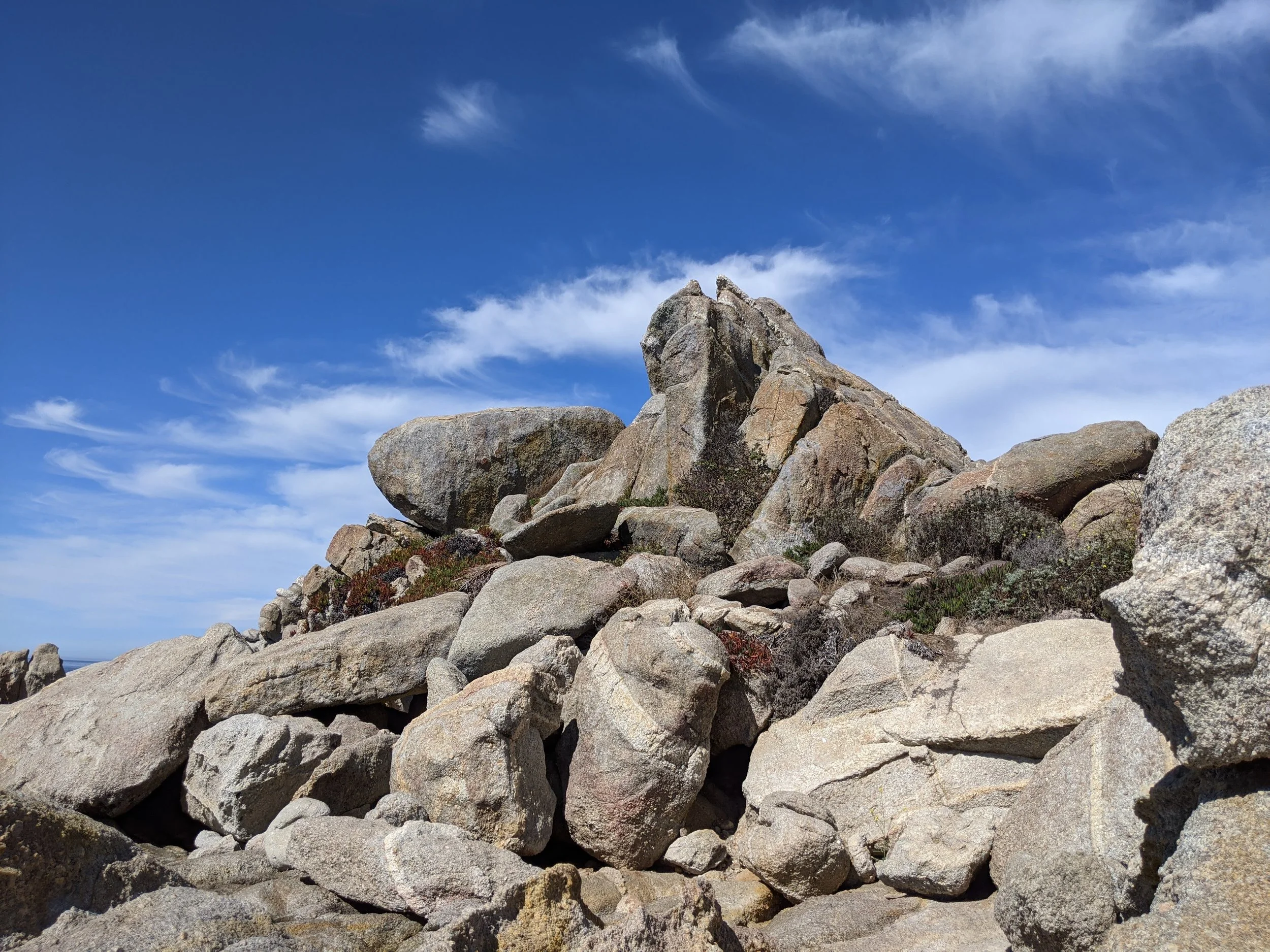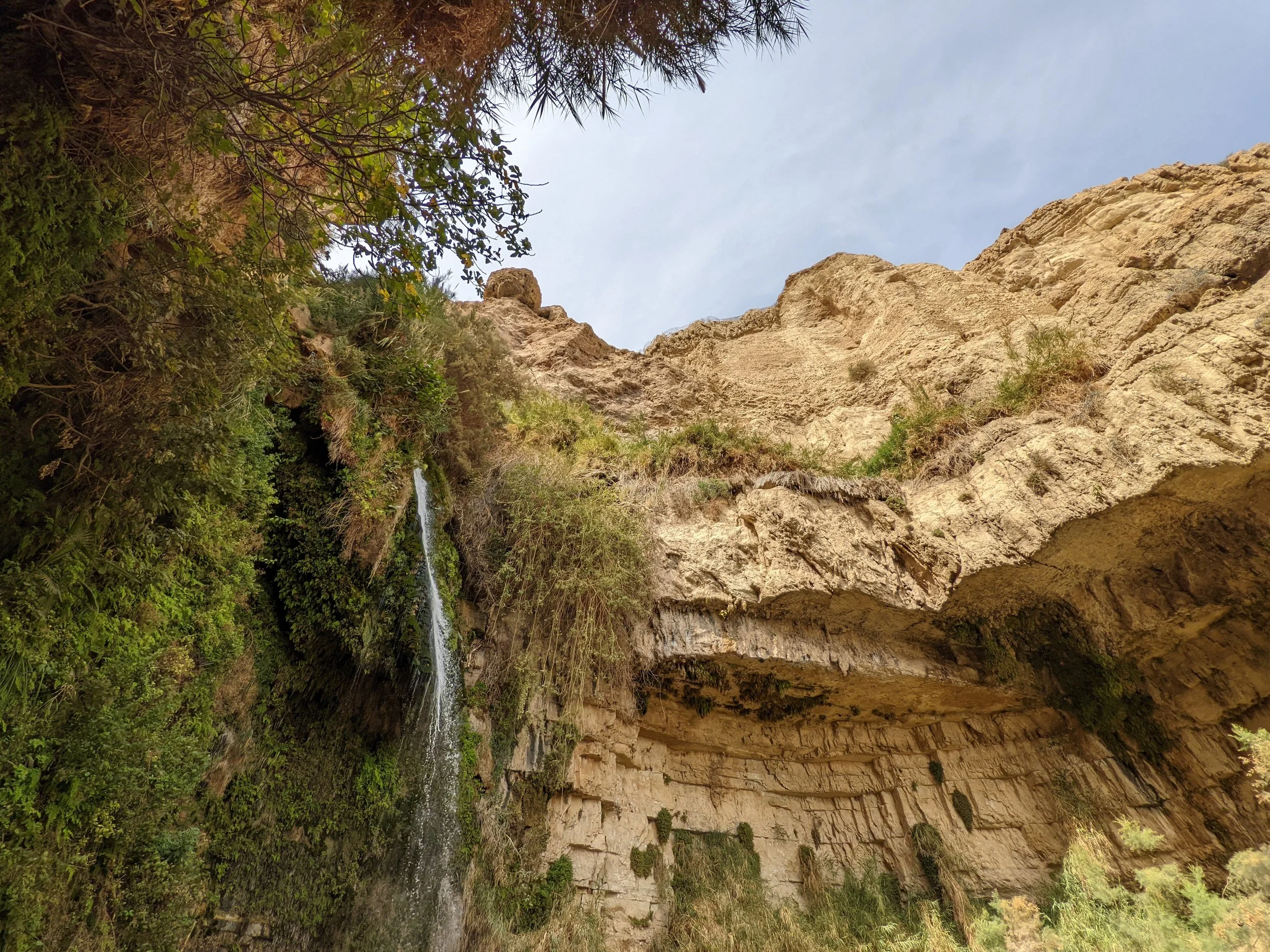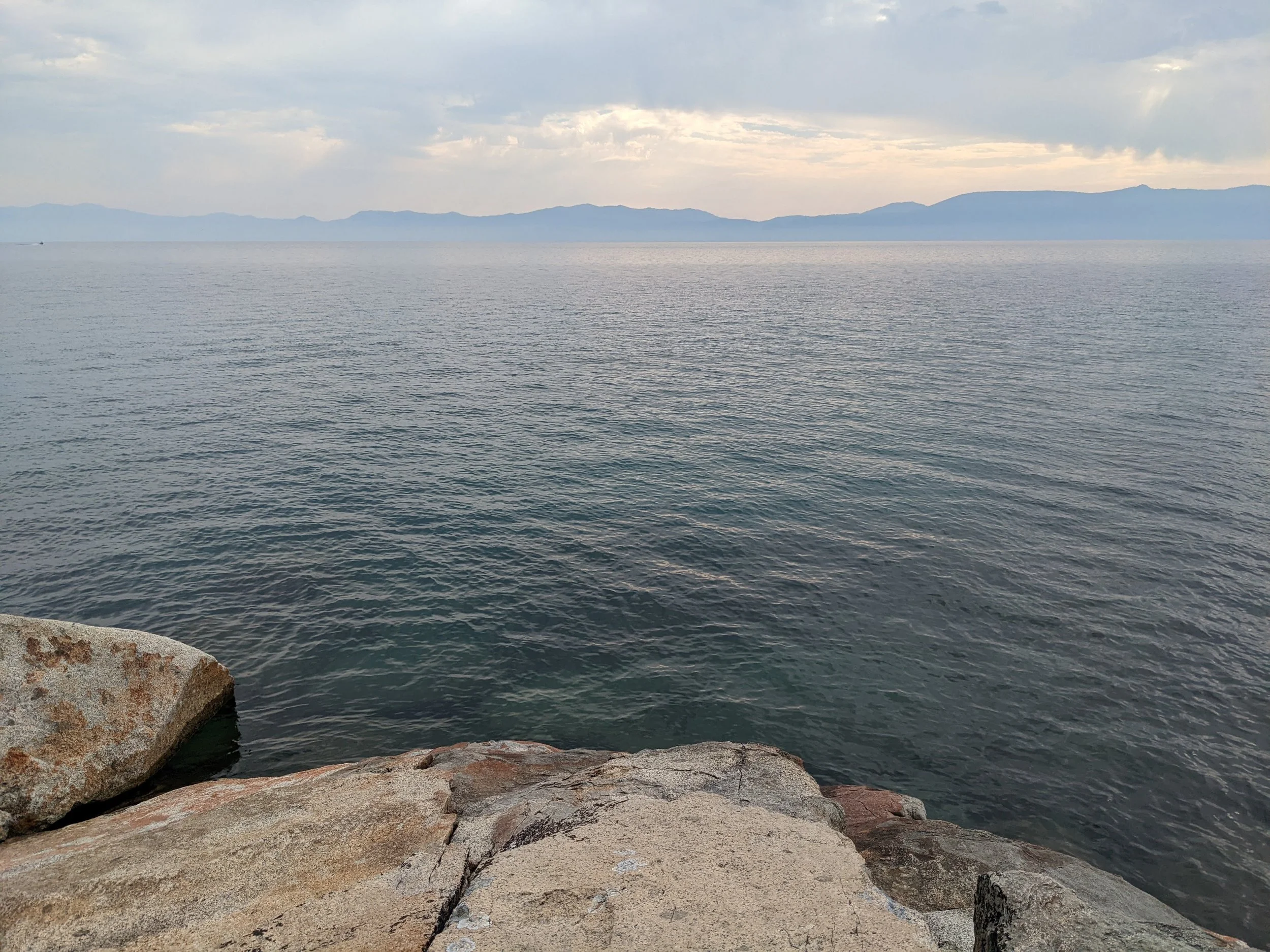35 And rising very early in the morning, while it was still dark, he departed and went out to a desolate place, and there he prayed. 36 And Simon and those who were with him searched for him, 37 and they found him and said to him, “Everyone is looking for you.” 38 And he said to them, “Let us go on to the next towns, that I may preach there also, for that is why I came out.” 39 And he went throughout all Galilee, preaching in their synagogues and casting out demons.
Solitude and Prayer
The following morning after a long day of healing and confronting the demonic realm, very early in the morning, while it was still dark, Jesus went out alone to spend time in prayer (35). Though he was tired and worn out from the previous day, he still had to be alone with his Father in heaven.
Mark doesn't refer often to Jesus' prayer life, but when he does Jesus is alone and his ministry is in the balance. In the garden of Gethsemane, Mark presents Jesus praying to bolster his determination to get the kingdom through the means of his death on the cross (Mark 14:36). After feeding the 5,000, a time John tells us they wanted to take him by force and make him king, Jesus went up to the mountain to pray alone (Mark 6:45-52). And, here, when Jesus had earned the title of "Miracle Worker" or "Healer," his ministry was again in the balance.
But he would not become the king of the kingdom by avoiding the cross, through miraculous feedings, or working miracles. And we would not get the kingdom that way either. It isn't miracles we need, but Jesus' message.
This is why Jesus responded the way he did when Simon and those who were with him searched for him and eventually found him (36-37). They said, "Everyone is looking for you" (37). The implication is that Jesus' ministry was going really well in their minds. You've got a good thing going, Jesus! Healing! Miracles! Ride the wave and come back to town!
But Jesus responded, "Let us go on to the next towns, that I may preach there also, for that is why I came out" (38). This was his way of saying he wasn't meant to primarily serve as a miracle worker or deliverer but as a preacher. He wanted to go tell the other little towns which littered that region. The only way he could really save people was with his words, his message, the truth.
So, with that, he went throughout all Galilee, preaching in their synagogues and casting out demons (39). Matthew tells us it was during this circuit of preaching that Jesus gathered the masses and taught them the Sermon on the Mount (Matthew 5-7).
Reminded of Your Purpose
By the way, Jesus' experience can be emblematic of ours. He, as the perfect Son of God, had to go out to the wilderness to spend time with his Father. There, it appears he was reminded of his ultimate purpose and mission.
We, too, need constant reminders about our purpose and mission. We have so much to distract us. And I find times alone with God, talking with him, can help us retain clear minds about our purpose in life. Who we are. What is needed. It becomes clear when with God.
40 And a leper came to him, imploring him, and kneeling said to him, “If you will, you can make me clean.” 41 Moved with pity, he stretched out his hand and touched him and said to him, “I will; be clean.” 42 And immediately the leprosy left him, and he was made clean. 43 And Jesus sternly charged him and sent him away at once, 44 and said to him, “See that you say nothing to anyone, but go, show yourself to the priest and offer for your cleansing what Moses commanded, for a proof to them.” 45 But he went out and began to talk freely about it, and to spread the news, so that Jesus could no longer openly enter a town, but was out in desolate places, and people were coming to him from every quarter.
Leprosy
After preaching the Sermon on the Mount, a leper came to him (40). By Jesus' day, they designated many different skin conditions, many of which weren't actual leprosy (or Hansen's disease), as leprosy.
And when this particular leper came to Jesus he said, "If you will, you can make me clean" (40). Why was this the leper's request? Why did he ask for a cleansing, and not a healing?
Well, lepers were ceremoniously cast out from the community in Israel. They were separated from the temple and others. They would've felt they were banished from contact with God or others.
And their banishment is because they were considered unclean. They had to announce their uncleanness everywhere they went. Everyone else would keep their distance lest they require the same disease or become ceremonially unclean. So, with that, it's easy to see why this leper wanted to be clean. He wanted to be restored to God and others! He was tired of being cut off from everyone else.
Touched
It is stirring to see Jesus stretch out his hand and touch the man (41). We know Jesus could've spoken a healing. But he instead touched him. They weren't supposed to touch lepers, but Jesus did while saying, "I will; be clean" (41).
And, to the reader's surprise, Jesus did not become unclean, but the leper was made clean (43). This is exactly what the leper wanted. He could now return to the community because Jesus, our great high priest, had pronounced him as clean.
Jesus, though, wanted the priests in Jerusalem to have proof that he was the Messiah, so he told the man to show himself to the priest and offer for his cleansing what Moses commanded (44). Leviticus detailed the offering a cleansed leper was to offer. It was quite a process, and I'm sure the priests in Jerusalem had to brush up on it when this guy showed up.
Say Nothing
Jesus told this man to say nothing to anyone other than the priests (44). And all through the passage today, Jesus has commanded silence. First, with the demon in the synagogue (25). Second, with the demons at the house (34). And, finally, here with the leper. There are many reasons Jesus did this, and since it was a special theme of Mark we will talk about it all throughout our study of this gospel.
But in this passage, there are at least four reasons he commanded silence. First, the demons knew who he was, but they were the worst messengers to declare his identity, so he silenced them. Second, he didn't want to be known primarily as a miracle worker, but as one with the message of the kingdom. Third, he wanted to freely travel and preach in various towns, something popularity as a miracle worker would hinder. Fourth, and finally, his popularity is what led to the religious leaders' jealousy, which led to his cross, and his time had not yet come.
Over All Spiritual Uncleanness
But, alas, the man was not quiet about his cleansing, and instead, went out and began to talk freely about it and to spread the news (45). The result was exactly what Jesus feared: Jesus could no longer openly enter a town, but was out in desolate places, and people were coming to him from every quarter (45).
What I want you to see is how the leper and Jesus traded places. The story began with Jesus on the inside. The leper was on the outside. Now, though, Jesus is on the outside, in desolate places, while the leper is clean and back in the community.
This is Jesus. He takes all our uncleanness into himself so we might be clean.
“Surely he has borne our griefs and carried our sorrows; yet we esteemed him stricken, smitten by God, and afflicted. But he was pierced for our transgressions; he was crushed for our iniquities; upon him was the chastisement that brought us peace, and with his wounds we are healed. All we like sheep have gone astray; we have turned—every one—to his own way; and the Lord has laid on him the iniquity of us all.” (Isaiah 53:4–6, ESV)
Shame. Guilt. Dishonor. Embarrassment. Failure. All that makes you feel unclean -- Jesus will trade places with you. Believe in him. Trust him.
To wrap up this entire section (Mark 1:21-45), I want to repoint you to his message. You see, though he is authoritative over all invisible forces, all-natural brokenness, and all spiritual uncleanness, he fought hard to make preaching his priority. Why?
Because he knows you cannot have the benefits of his authority unless you call upon his name; unless you believe his message. Because, “If you openly declare that Jesus is Lord and believe in your heart that God raised him from the dead, you will be saved” (Romans 10:9, NLT).
***
For the entire Mark series, go here. Thank you.




